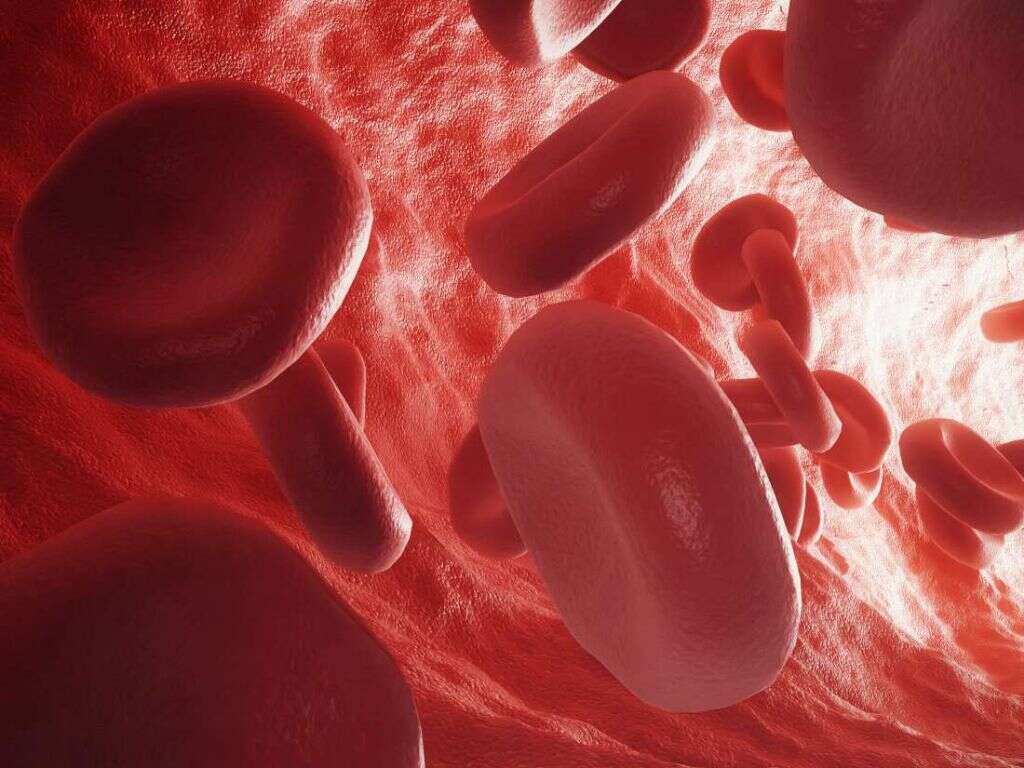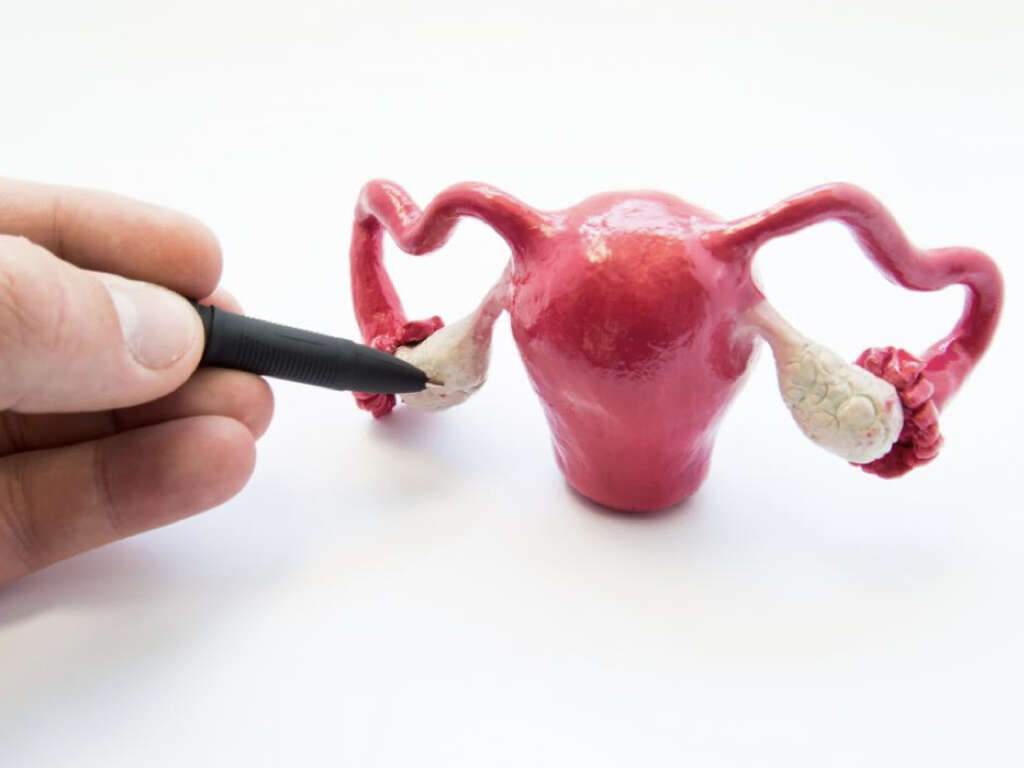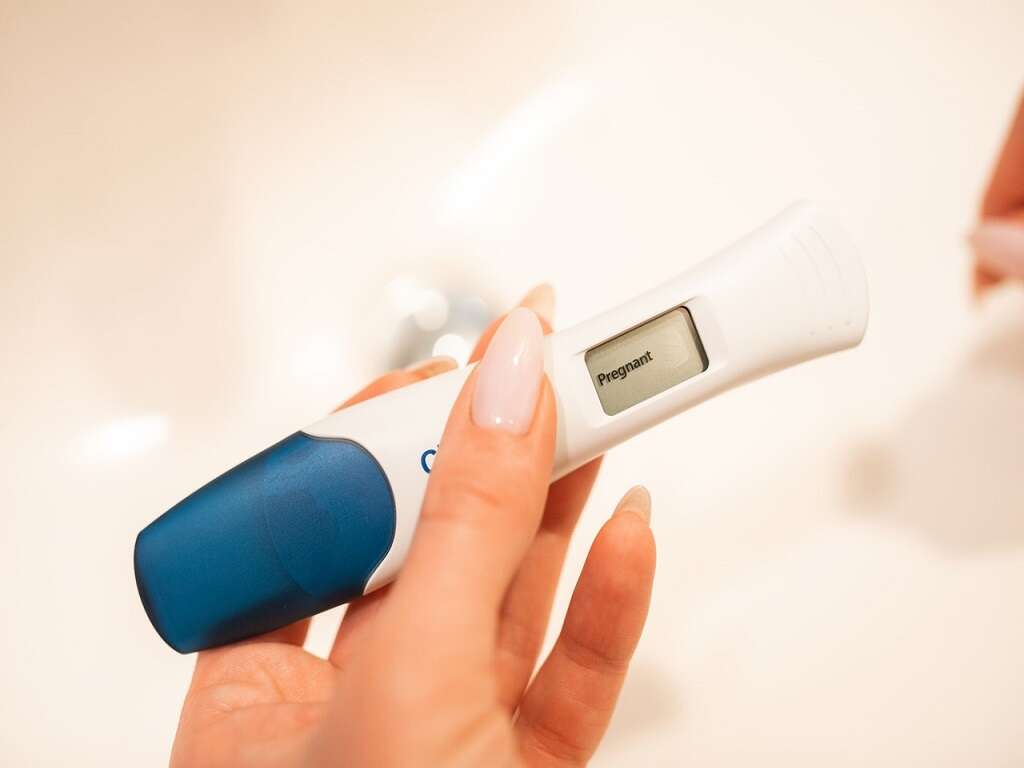Ovarian Cancer Symptoms
More than 200.000 cases of ovarian cancer are diagnosed each year worldwide. It is the most common cancer-related death from gynecological tumors in the US. Therefore, it is crucial to know the signs and symptoms of this disease in order to achieve early diagnose.

Symptom #1: Loss of Appetite
Maybe your favorite meal just does not hold the same appeal it once did? Loss of appetite could be an early symptom of ovarian cancer. Keep in mind that a loss of appetite could be related to something other than cancer (ie. stomach flu, stress), so don’t rush to a conclusion. That said, the appearance of a loss of appetite along with other potential symptoms should be noted as it relates to ovarian cancer.

Symptom #2: Bloating
Feeling a little gassy lately? This may be nothing, but if you’re bloated, gassy and not eating much lately, then there may be a reason to take note of this symptom. Bloating usually comes from the compression exerted by the tumor to the surrounding tissues, such as the gastrointestinal tract.
That being said, it is quite unspecific and patients shouldn’t base their suspects solely on this symptom.

Symptom #3: Indigestion
Indigestion? This may be a symptom of ovarian cancer as well. Maybe you stayed up too late eating pizza and watching TV, but if not and if it happens frequently it’s something that could be an early warning sign of ovarian cancer.
Take note of how often you’re feeling indigested and if it’s often, consult your doctor.

Symptom #4: Abdominal or Pelvic Pain
Ovarian cancer symptoms may include abdominal pain, a pain you feel in your abdomen. This pain should feel differently than the pain that women feel during menstrual cramping as it does not follow their cycle.
Make sure not to mix up this pain with that of heartburn or of the type you get when you have the flu. If this pain persists, contact your physician as soon as possible.

Symptom #5: Lower Back Pain
Lower back pain is not a very common symptom related to ovarian cancer, but depending on the size and location of the tumor, it can push structures around, resulting in pain that can radiate to your back.
Many conditions produce this symptom more commonly, so you shouldn’t base your concerns upon this symptom alone.

Symptom #6: Frequent Urination
Depending on the size and location of the tumor, it may compress the bladder. This may cause a decrease in volume capacity, which translates to an increase in urinary frequency.
Many conditions like urinary tract infections (UTI), can cause this symptom, so you should be on the lookout for more specific symptoms to correlate with.

Symptom #7: Constipation
Having trouble on the toilet? This one may or may not be due to ovarian cancer, but if you’re experiencing constipation along with any of the other symptoms, then it might be worth taking a longer look at.
The reasoning behind constipation as a potential symptom of ovarian cancer is simple – the tumor places pressure on the bowels leading to constipation.

Symptom #8: Fatigue
Tired? Aren’t we all? Well if it is only happening occasionally that is probably alright, but if you’re experience ongoing fatigue or lethargy day after day as a woman, then perhaps there’s something more to it.
Lethargy and fatigue as it relates as an ovarian cancer symptom doesn’t seem to get better with more sleep, so if you’re finding yourself dozing off while reading this, please see a physician.

Symptom #9: Painful Sex
Pain during intercourse can be due to many conditions, but it is important to notice the location of the pain. The pain related to ovarian cancer is located in the abdomen and it is a result of the pressure applied to the tumor during a sexual encounter.
Notice that this is not a very specific symptom, so you should look for other symptoms on the list to link this one.

Symptom #10: Vaginal Bleeding
It is not easy to distinguish between a cancer-related vaginal bleeding and other conditions that may cause this exact symptom.
Nevertheless, it is important that any patient that experiences vaginal bleeding episodes that are not related to their menstrual cycle should look for medical consultation in order to diagnose the situation.












